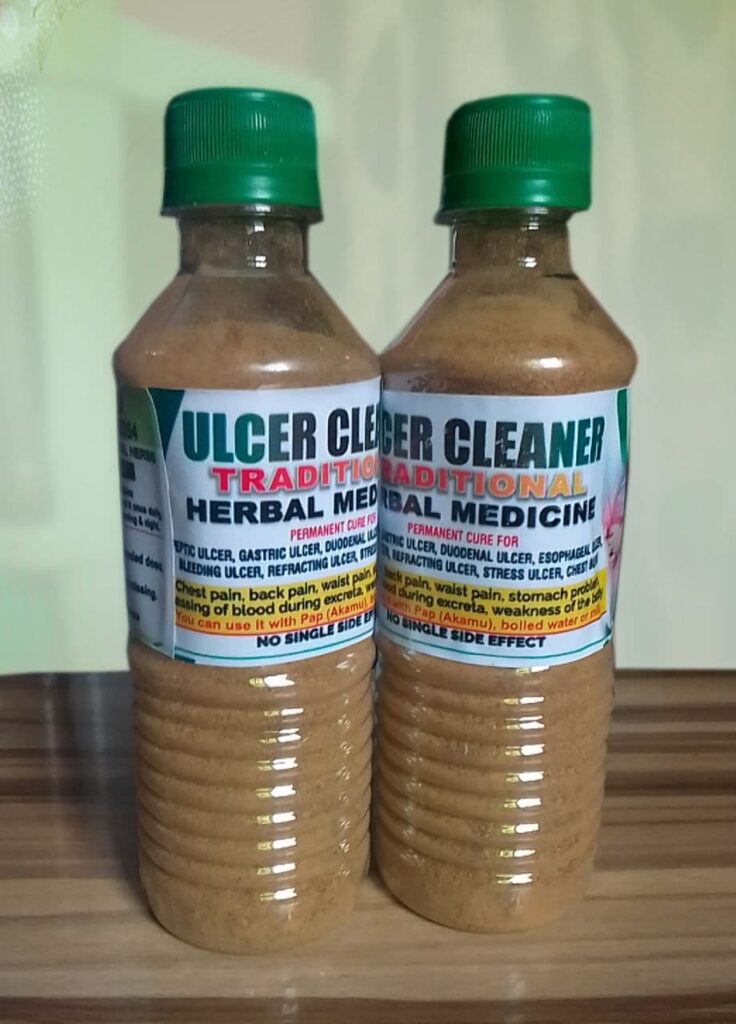SIMPLE WAY TO GET RID OF CHRONIC ULCER 100% COMPLETLY AND PERMANENTLY FROM YOUR BODY SYSTEM, AND EQUALLIY KILL AND FLUSH OUT H-PYLORI BACTERIA COMPLETELY AND PERMANENTLY NOW
WAVE FINAL GOOD BYE TO ALL KIND OF ULCER NOW
Helicobacter pylori (H-pylori) occurs when Helicobacter pylori (H-pylori) bacteria infect your stomach.
H-pylori is primarily caused by direct contact with the bacteria through contaminated food, water, or saliva, particularly from an infected person. It’s often contracted in childhood and can persist if left untreated.
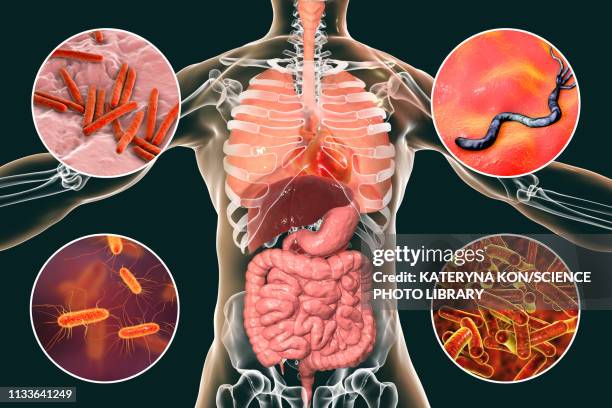
Ulcer is an open sore on an external or internal surface of the body, caused by a break in the skin or mucous membrane which fails to heal. Ulcers range from small, painful sores in the mouth to bedsores and serious lesions of the stomach or intestine.
Ulcer forms when the surface cells become inflamed, die, and are shed. Ulcers may be linked to cancer and other diseases.
They can be very serious and potentially life threatening. The main complications include:
- Bleeding at the site of the ulcer. the stomach lining at the site of the ulcer splitting open (perforation)
- Burning stomach pain.
- Feeling of fullness, bloating or belching.
- Intolerance to fatty foods.
- Heartburn.
- Nause
common sign of Ulcer
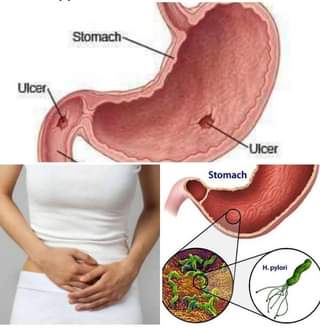
- Dull, burning pain. The most common sign of a stomach ulcer is dull, burning pain in the stomach area. …
- Indigestion or heartburn. …
- Nausea or vomiting. …
- Change in stool color. …
- Unexplained weight loss.
- Feeling heavy as if carry big load.
- Body pain, mostly at night.
- Pains at neck region, waist and in spine.
- Severe headache and feeling as if there is object moving in your body system.
The above symptom and signs are the sure evidence of H-pylori bacteria in your body system
H-pylori bacteria
H. pylori (Heliobacter pylori) is a type of bacteria that infects your stomach. this is a common cause of stomach ulcers (peptic ulcers), H. pylori infection may be present in more than half the people in the world.
Most people don’t realize they have H. pylori infection because they never get sick from it. If you develop signs and symptoms of a peptic ulcer, your health care provider will probably test you for H. pylori infection. A peptic ulcer is a sore on the lining of the stomach (gastric ulcer) or the first part of the small intestine (duodenal ulcer).
Common types of ulcer
- arterial ulcers.
- venous ulcers.
- mouth ulcers.
- genital ulcers
- Stomach Ulcer.
Main symptoms of arterial ulcer
- red, yellow, or black sores.
- deep wound.
- tight, hairless skin.
- leg pain at night.
- no bleeding.
- affected area is cool or cold to touch from minimal blood circulation.
- leg reddens when dangled and turns pale when elevated
Stomach ulcers are sores in the lining of the stomach or small intestine. They occur when the protective mucus that lines the stomach loses its effectiveness.
The stomach produces a strong acid to help digest food and protect against microbes. To protect the bodily tissues from this acid, the stomach also secretes a thick layer of mucus.
If the mucus layer is worn away and stops functioning effectively, the acid can damage the stomach tissue, causing ulcers.
The classic symptom of a stomach ulcer is indigestion, also called dyspepsia.
Indigestion causes pain or discomfort in the stomach area. This symptom can be mistaken for heartburn, which can occur at the same time.
symptoms include:
- unexplained weight loss
- nausea and vomiting
- not eating because of pain
- burping
- bloating
- a feeling of fullness and problems drinking as much fluids as usual
- bloody or black, tarry stools
- chest pain
- fatigue
How dangerous is ulcer to your stomach
They can be very serious and potentially life threatening. The main complications include: bleeding at the site of the ulcer. the stomach lining at the site of the ulcer splitting open (perforation)

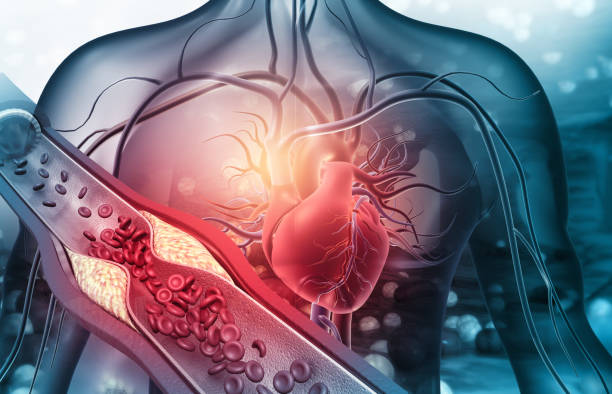
- Pain or discomfort in the upper part of your abdomen, anywhere between your belly button and breastbone
- Feeling full too soon while eating a meal
- Feeling uncomfortably full after eating a meal
- Nausea and vomiting
- Bloating
- Black or tarry stool, or
- Red or maroon blood mixed with your stool
- Red blood in your vomit or vomit that looks like coffee grounds
sudden, sharp, or severe abdominal pain that doesn’t go away - Feeling dizzy or fainting
- A rapid pulse or other symptoms of shock
- A change in or worsening of your peptic ulcer sympto
belching
VENOUS ULCER OR VARICOSE OR NON HEALING WOUND
Venous ulcers or non healing wound typically occur because of damage to the valves inside the leg veins. These valves control the blood pressure inside the veins. They allow it to drop when you walk. If the blood pressure inside your leg veins doesn’t fall as you’re walking, the condition is called sustained venous hypertension.
A venous leg ulcer can develop after a minor injury if there’s a problem with the circulation of blood in your leg veins. If this happens, pressure inside the veins increases. This constant high pressure can gradually damage the tiny blood vessels in your skin and make it fragile.
Blood pools in an area of the extremity, and an ulcer develops as a consequence. Exudate may fluctuate from minimal to heavy, depending on edema management and/or infection.24 Jan 2020
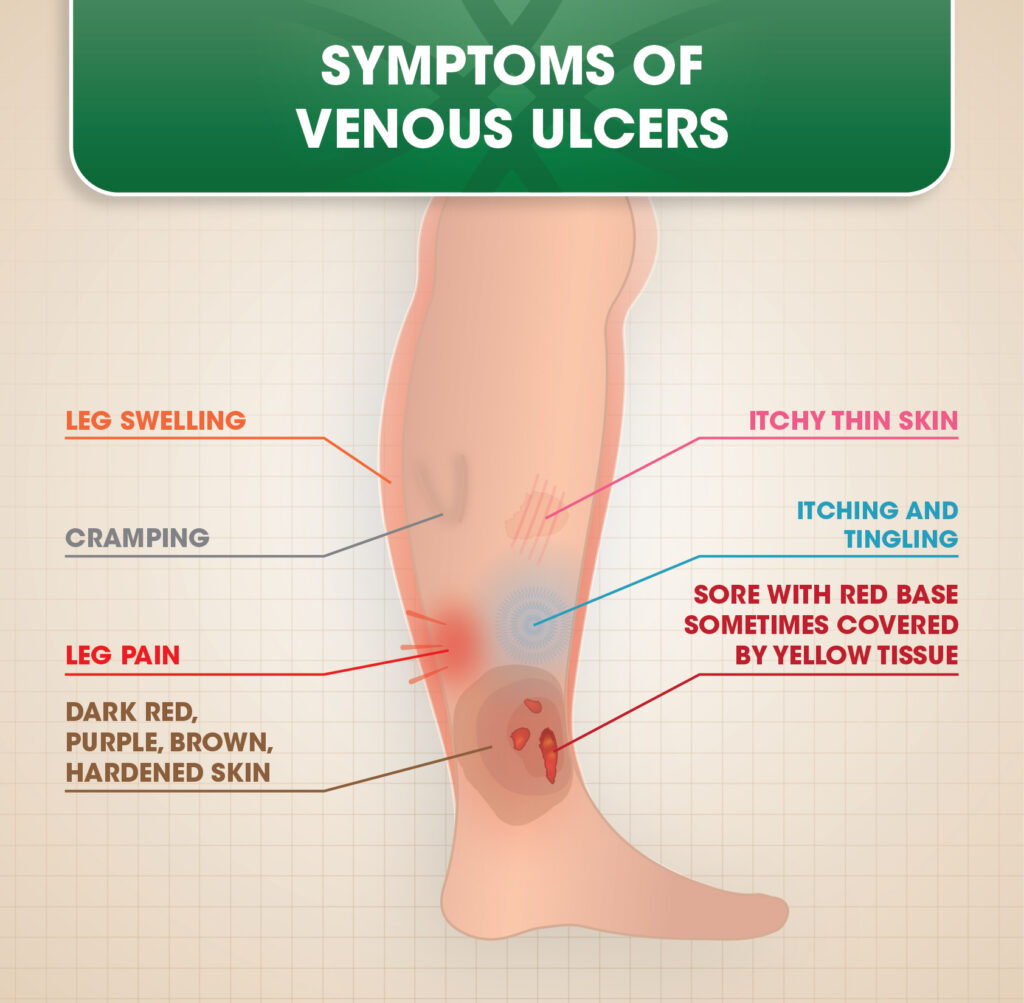
This can stop your movement or end up in Crutches if not urgently or permanently treated
An infected leg ulcer that is not properly treated could result in sepsis. This happens when the bacteria travel to the bloodstream and spread across the body. The immune system then tries to fight the infection, but this leads to inflammation and clotting throughout the body.
Month ulcer or aphthous ulcers or canker sores.
There are many things that cause mouth ulcers. The most common cause is injury (such as accidentally biting the inside of your cheek). Other causes include aphthous ulceration, certain medications, skin rashes in the mouth, viral, bacterial and fungal infections, chemicals and some medical conditions.
Mouth ulcers are painful areas in the mouth and gums. They are also known as canker sores. While mostly harmless, mouth ulcers can be extremely uncomfortable and make it difficult for some people to eat, drink, and brush their teeth.
This can also deprive you access to eating, because you will find it difficult to eat or swallow any substances
causes of mouth cancer
- Tobacco use of any kind, including cigarettes, cigars, pipes, chewing tobacco and snuff, among others.
- Heavy alcohol use.
- Excessive sun exposure to your lips.
- A sexually transmitted virus called human papillomavirus (HPV)
- A weakened immune system.
mouth ulcer has several signs and symptoms that may be mistaken for common problems or changes in your mouth. For example, you may notice patches inside of your mouth that you can’t scrape away. These patches may be pre-cancerous conditions.
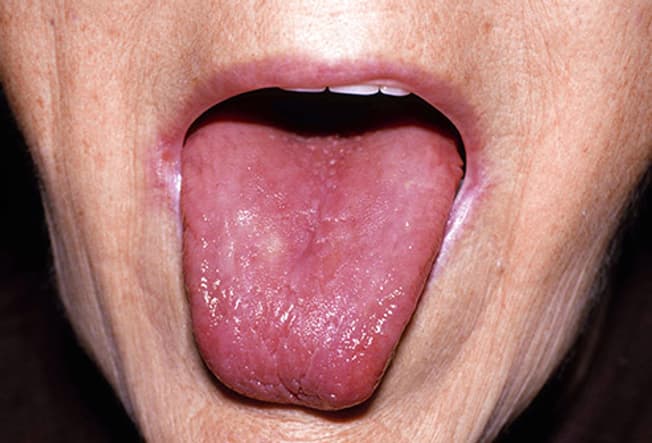
disease spreads very quickly, especially for people who use tobacco alcohol and are over 50 yeaThisrs old. It takes approximately five years for oral cancer to develop from stage one to four. Therefore it is important to identify it early when there is a greater chance of cure.
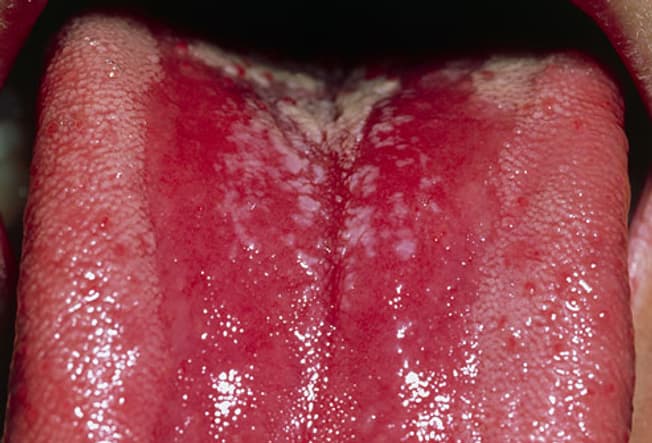
Unexplained, persistent numbness or an odd feeling on the lip or tongue. sometimes, white or red patches on the lining of the mouth or tongue These can be early signs of cancer, so they should also be checked.
Signs and symptoms of mouth cancer may include:
- A lip or mouth sore that doesn’t heal.
- A white or reddish patch on the inside of your mouth.
- Loose teeth.
- A growth or lump inside your mouth.
- Mouth pain.
- Ear pain.
- Difficult or painful swallowing.
These conditions all appear as patches in your mouth and throat, but they’re different colors. Here’s more information:
Leukoplakia: These are flat white or gray patches in your mouth or throat.
Erythroplakia: These are slightly raised or flat red patches. These patches might bleed when scraped.
Erythroleukoplakia: These patches are red and white.
Common signs and symptoms include:
Sores on your lip or inside your mouth that bleed easily and don’t heal within two weeks.
Rough spots or crusty areas on your lips, gums or inside of your mouth.
Areas in your mouth that bleed for no obvious reason.
Numbness, pain or tenderness on your face and neck or in your mouth that occur without apparent cause.
Difficulty chewing or swallowing, speaking or moving your jaw or tongue.
Unintentional weight loss.
Earache.
The Genital Ulcer
genital ulcer is an open sore located on the genital area, which includes the vulva, penis, perianal region, or anus. Genital ulcers are most commonly caused by infectious agents (fungal infections, secondary bacterial infections, or sexually transmitted diseases such as genital herpes, syphilis or chancroid)
Globally, the incidence of genital ulcers is estimated to be approximately 20 million cases annually
symptoms of genital ulcer:
- itchiness
- pain at the site
- pelvic pain
- burning
- bleeding
- Discomfort when urinating
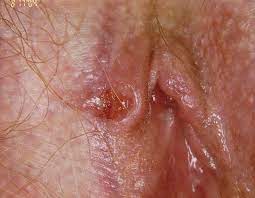
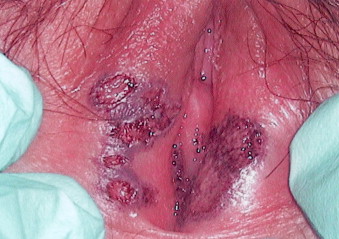
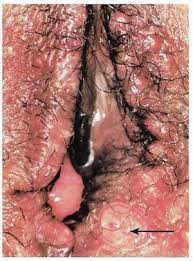
During early stages, ulcers in your genital area may look like small bumps or a rash. You may also notice swollen lymph nodes in your groin. Ulcers worsen over time, leading to small breaks in surface tissue. They may also increase pus or fluid.
Types of genital ulcer
Genital herpes is an STD caused by two types of viruses – herpes simplex virus type 1 (HSV-1) and herpes simplex virus type 2 (HSV-2).
That said, despite genital herpes carrying more social stigma and outbreaks happening more often, HSV-1 is potentially more dangerous. If a HSV-1 outbreak occurs in or near the eyes, there’s a chance it may develop into ‘ocular herpes’ which is a potentially serious infection and can even lead to blindness.
According to research, roughly 20% of the population will experience aphthous ulcers. STIs are the leading cause of vulvar ulcers. An estimated 50% of sexually active people will contract an STI by the age of 25
sexually transmitted infections, or sexual intercourse
GASRIC ULCER/STOMACH(MOST COMMON ULCER)
Gastric ulcers are a descriptive term for damage to the lining of the stomach that leads to destruction of the delicate epithelium (lining) of the stomach wall. An ulcer is conventionally a descriptive term for a hole in this epithelium which is larger than 3mm. The term erosion is used for holes which are less than 3mm. The process leading to both these events is often similar.
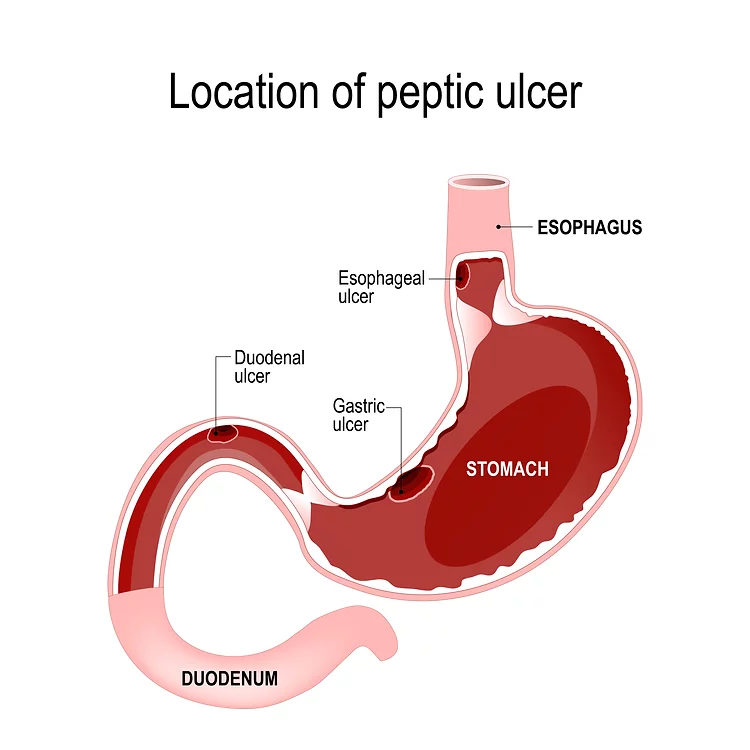
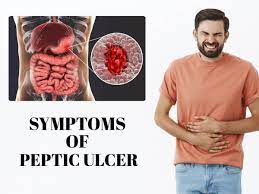
CAUSES OF GASRIC/PEPTIC ULCER
The most common causes of peptic ulcers are infection with the bacterium Helicobacter pylori (H. pylori) and long-term use of nonsteroidal anti-inflammatory drugs (NSAIDs) such as ibuprofen (Advil, Motrin IB, others) and naproxen sodium (Aleve).
Those suffering from peptic ulcer disease should quit smoking and drinking, have regular mealtimes and modify their lifestyles to reduce stress
This kind of ulcer can be incur by NOT EATING REGULARLY OR SKIPPING MEALS, because when you eat regularly, you are giving the acid something to work on, not working on the wall of the stomach .
SYMPTOMS OF PEPTIC/GASRIC ULCER
Here are major symptoms of peptic/gastric ulcer:
- Burning stomach pain.
- Feeling of fullness, bloating or belching.
- Intolerance to fatty foods.
- Heartburn.
- Nausea.
- Vomiting
- Bloody or black stool
- Not feeling hungry
- Feeling heavy as if carrying a heavy load.
- Pains all over the body, especially the neck and waist region.
How does ulcer affect health
Untreated, peptic ulcers can result in: Internal bleeding. Bleeding can occur as slow blood loss that leads to anemia or as severe blood loss that may require hospitalization or a blood transfusion. Severe blood loss may cause black or bloody vomit or black or bloody stools
Some people with peptic ulcers find common triggers foods can cause stomach irritation, excessive acid production, and heartburn, which can also eventualy lead to dead if not urgently and permanently treated.
Peptic ulcers are open sores in your digestive tract. When they’re located inside your stomach, they’re also called gastric ulcers. When they are found in the upper part of your small intestine, they are called duodenal ulcers.
Some people aren’t even aware they have an ulcer. Others have symptoms like heartburn and abdominal pain. Ulcers can become very dangerous if they perforate the gut or bleed heavily (also known as a hemorrhage).
Most times, Ulcers don’t always cause symptoms. In fact, only about one quarter of people with ulcers experience symptoms.
which may include:
- Abdominal pain
- Bloating or a feeling of fullness
- Belching
- Heartburn
- Nausea
- Vomiting
- Difficult eating
- severe pain
Stomach Ulcer Affect Human Every Day
Each year peptic ulcer disease (PUD) affects over 4 million people around the world[1]. Complications are encountered in 10%-20% of these patients and 2%-14% of the ulcers will perforate[2,3]
Some medication are very dangerous that can trigger or quicken Ulcer in your stomach when taken too frequently
These medications make it hard for your stomach and small intestine to protect themselves from stomach acids. NSAIDs also reduce the ability of your blood to clot, which can make a bleeding ulcer much more dangerous.
Drugs in this group include:
- Aspirin (Bayer Aspirin, Bufferin)
- Ibuprofen (Advil, Motrin)
- Ketorolac (Acular, Acuvail)
- Naproxen (Aleve)
- Oxaprozin (Daypro
USING THE RIGHT MEDICATION CAN WAVE ULCERS FINAL GOODBYE TO YOUR BODY SYSTEM COMPLETLY AND PERMANENTLY
Whenever sickness try ravaging the world, there are always some individuals or group of people who doesn’t rest until there is a permanent solution or remedy for it.
This Powerful Herbal medicine Kills H-Pylori Bacteria Totally And flush it out Completely And Permanently Heal The Wound Internally, And Equally Stop all Pain or Discomfort that might Caused By the Bacteria

ULCER CLEANER is a mixture of pure natural herbs and fruit which is why it is very effective and gives a permanent cure to all kinds of ulcer, regardless of the ages, and restore your health to its perfect condition.
PLEASE LISTEN CAREFULY ON HOW TO USE THIS WONDERFUL MEDICINE
ONE TABLE SPOON SHOULD BE MIXED WITH HALF GLASS OF HOT WATER AND TO BE TAKEN WARM FIRST IN THE MORINING 30MINS BEFORE FOOD.
THE SAME SHOULD BE DONE AT NIGHT AFTER MEAL
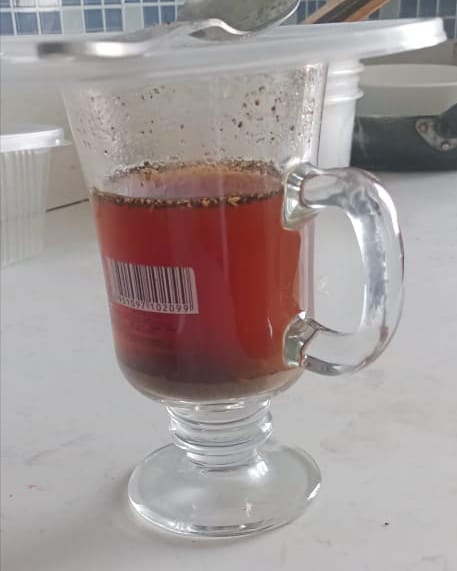
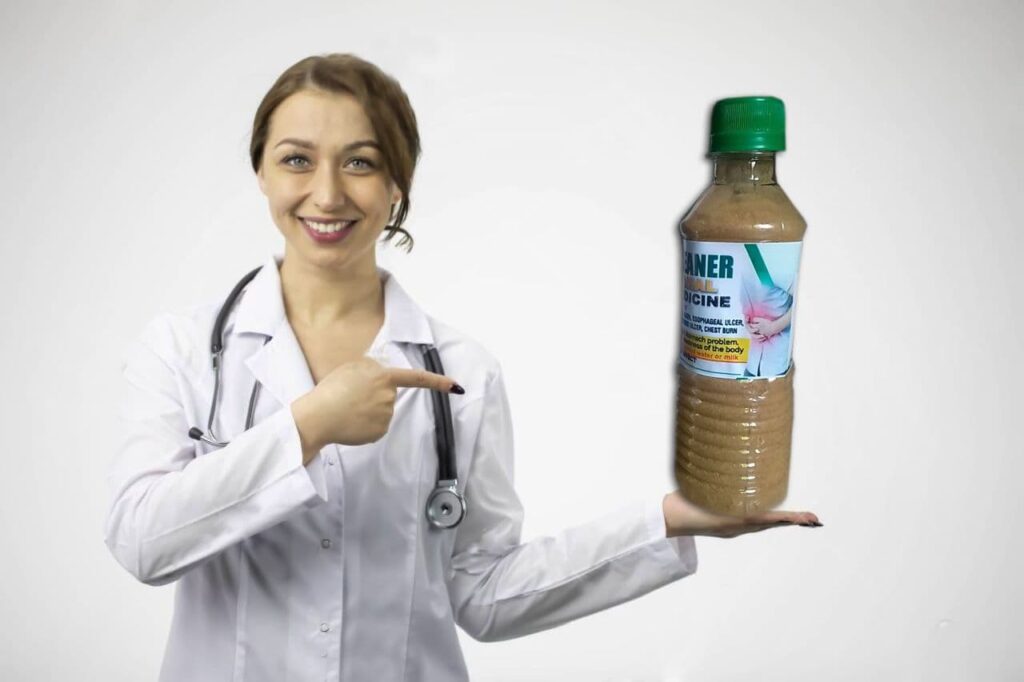
MR BAWA UMARU (KADUNA)
I have used so many drug, but this herbal medicine is no 1 among all medicine.
THANKS TO THIS COMPANY.
MR EJIRO ANABORHI(DELTA STATE)
I bought this medicine for my dear wife who has been complaining for ulcer for more than 6 months, and that was the end within 1 week of usuage
MRS JAMIU (ILORIN NIERIA)
Now i strongly believe that there is healing power in herbs
This amazing herbs turned my health around completely, I never believed it can work so effective as that to my greatest supprise.
KUNLE (EKITI NIGERIA)
FOR ME: I will never stop advertising this medicine, because it’s ever superb herbal medicine of life time
ANTHONY (LAGOS NIGERIA)
All I have to say is HIGH 5 to the medicine.
More knowledge to the producer.

